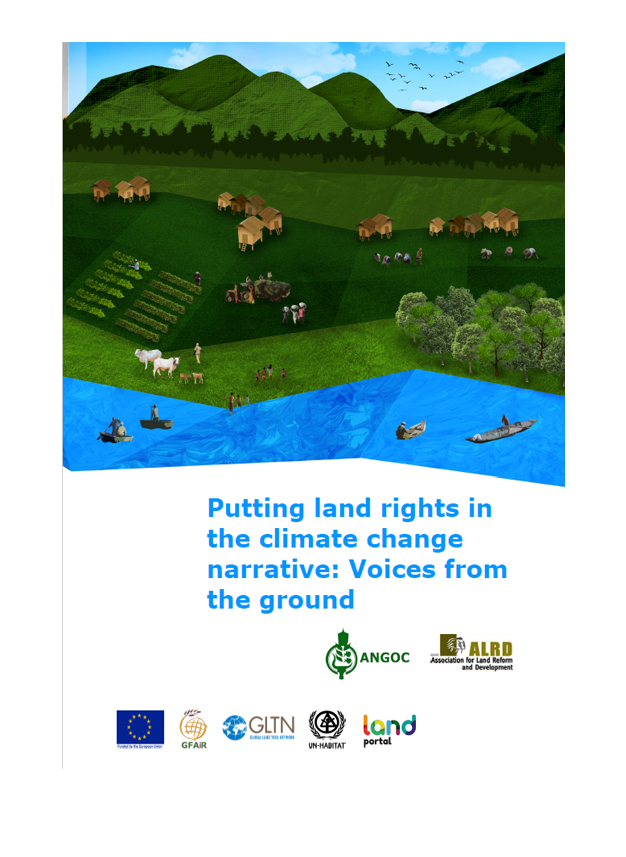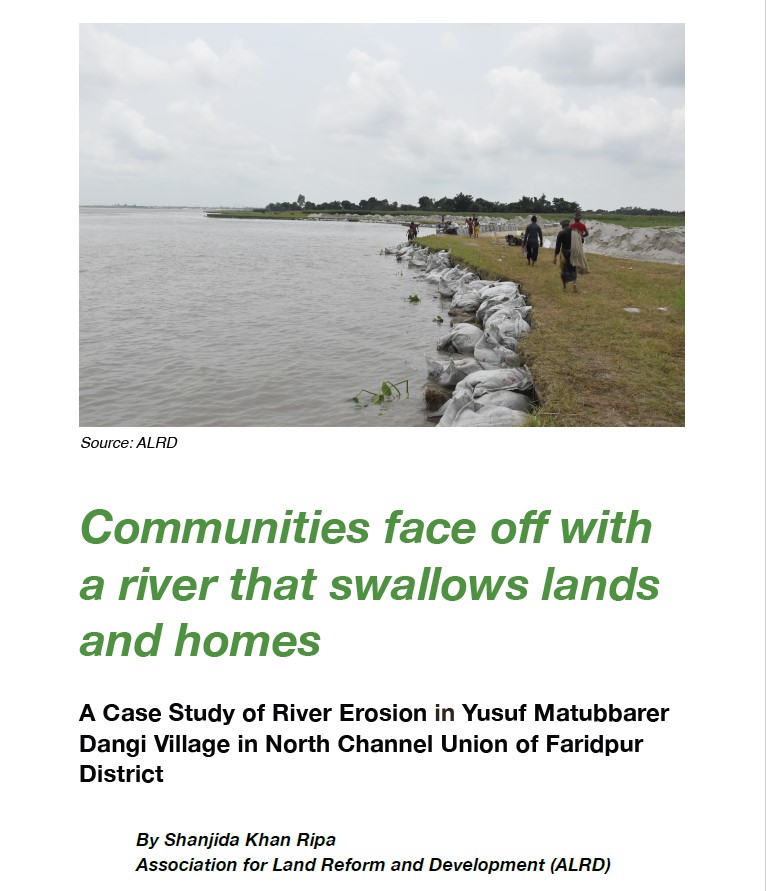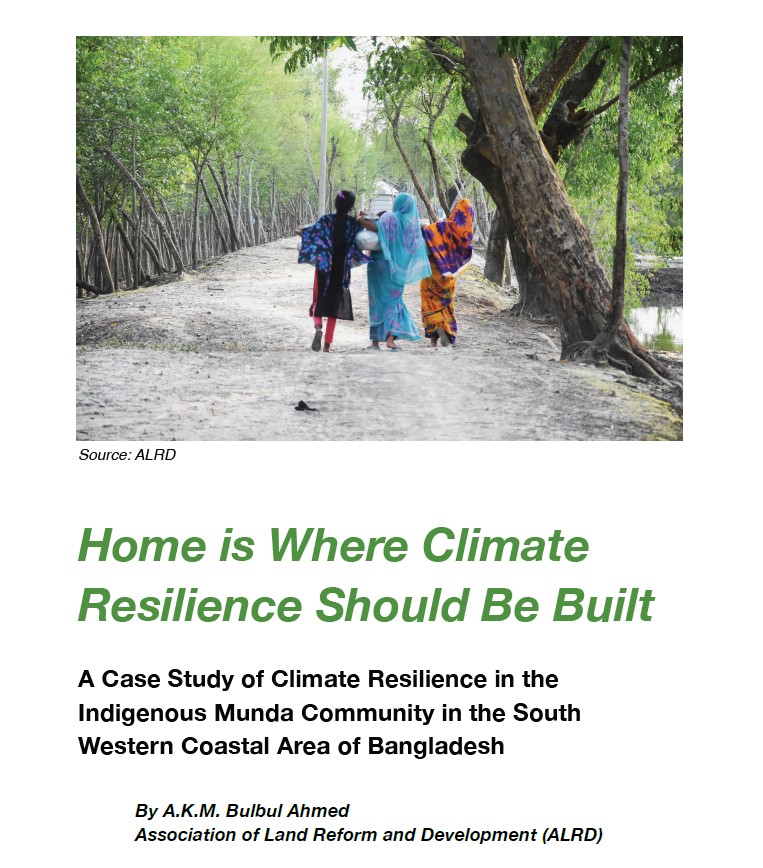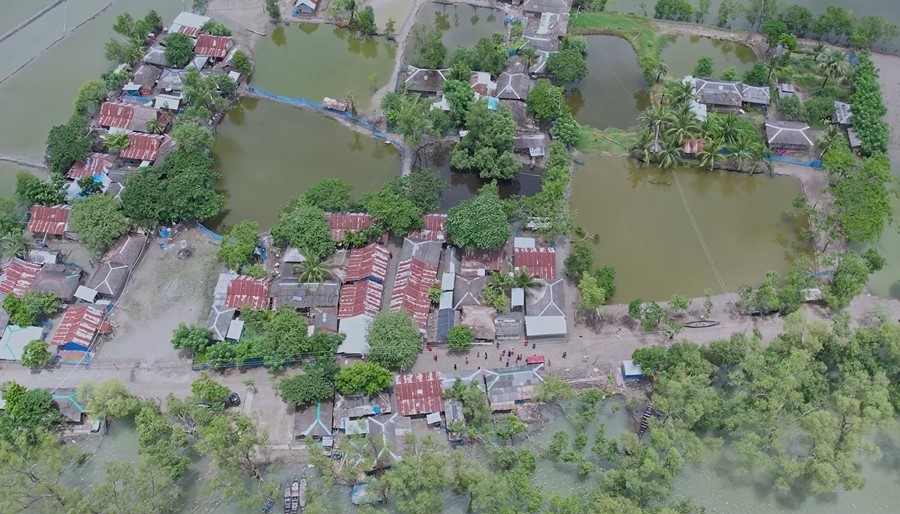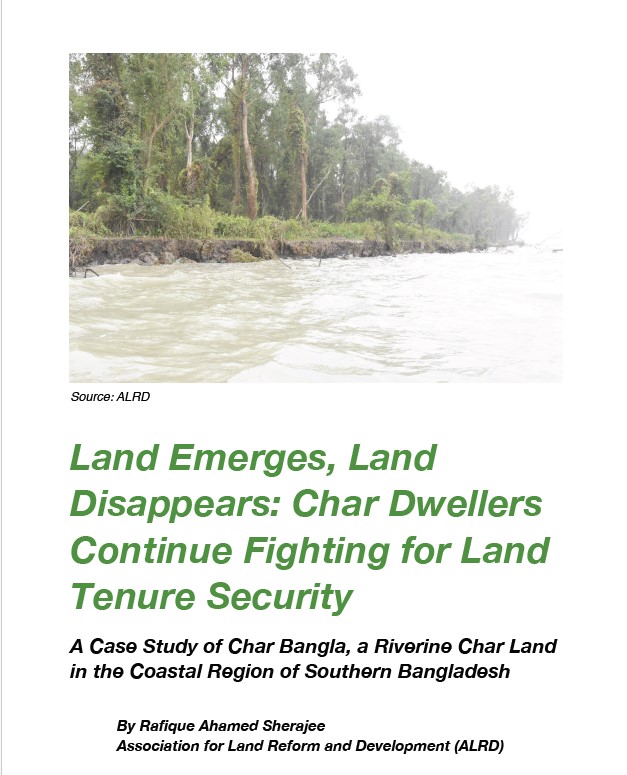Focal point
Location
Founded in 1979, ANGOC is a regional association of 20 national and regional networks of non-government organizations (NGO) in Asia actively engaged in food security, agrarian reform, sustainable agriculture, participatory governance and rural development. ANGOC member networks and partners work in 14 Asian countries with an effective reach of some 3,000 NGOs and community-based organizations (CBOs). ANGOC actively engages in joint field programs and policy debates with national governments, intergovernmental organizations (IGOs), and international financial institutions (IFIs).
Mission & Vision:
The organisation's mission is to create a policy and social environment that enables Asian Rural Poor Communities to exercise their rights to participatory development, gain access to and control of their natural resources, and engage in sustainable livelihoods while drawing from Asia’s rich spiritual and cultural traditions. ANGOC envisions vibrant Asian rural communities living in harmony with nature as stewards of the Earth, whose members are able to realize their full human potentials, collectively chart their path to development, provide for their present and future needs, and equitably share the fruits of their labors in community celebrations of life.
Resources
Displaying 1 - 5 of 102Putting land rights in the climate change narrative: Voices from the ground
Climate change affects everyone. Yet it hits the poor hardest, especially women and children, and those without rights to land.
Landlessness and the lack of secure land tenure amplify the vulnerability of rural poor communities to the impacts of climate change. Yet, the challenges surrounding their lack of land access and insecure tenure rights are often overlooked in climate change discussions, policy-making, and program implementation.
Communities face off with a river that swallows lands and homes: A Case Study of River Erosion in Yusuf Matubbarer Dangi Village in North Channel Union of Faridpur District
This case study tells the story of Yusuf Matubbarer Dangi Village as a microcosm of the existential threat posed by river erosion and flooding to the country of Bangladesh. This village also encapsulates the experience of communities who are rendered landless when floods swallow up their properties and who then have to wait for new land to emerge from the river in the simultaneous erosion and accretion of land when the river swells.
Home is Where Climate Resilience Should Be Built: A Case Study of Climate Resilience in the Indigenous Munda Community in the South Western Coastal Area of Bangladesh
This case study challenges assumptions that disaster-hit communities that have lost their houses and possessions would willingly pack up and leave, believing that it is easier to migrate than to remain in their communities. However, for indigenous people like the Munda in Shyamnagar sub-district, migration is not the answer to achieving climate resilience. Because their lives are inextricably linked to their ancestral home, uprooting themselves exacts a toll on their identity and undermines the continuity of their culture and traditions.
Struggles of Munda people of Datinakhali Mundapara in Shyamnagar upazila (subdistrict) of Satkhira district in Bangladesh
This video is about the everyday struggles of Munda people of Datinakhali Mundapara in Shyamnagar upazila (subdistrict) of Satkhira district in Bangladesh. Munda is one of the indigenous communities in the country. Being on the frontline of the climate crisis, rising sea levels and salt infiltrates, 28 Munda families living in Datinakhali Mundapara are in dire straits due to landlessness, poverty, and climate change effects, with 10 Munda households already have migrated to other places.
Land Emerges, Land Disappears: Char Dwellers Continue Fighting for Land Tenure Security
This case study shows the challenge of securing land rights and land tenure security among a sector of Bangladesh’s landless poor whose claim to land is among the most tenuous in the world — the char dwellers. Their settlement on land that was created by river erosion and could at any time disappear in the same way provides a compelling case for the grant by the government of land rights that are not presently provided for by current land laws. The increasing risk of disasters, particularly flooding, threatens char dwellers equally if not more than other landless poor.



